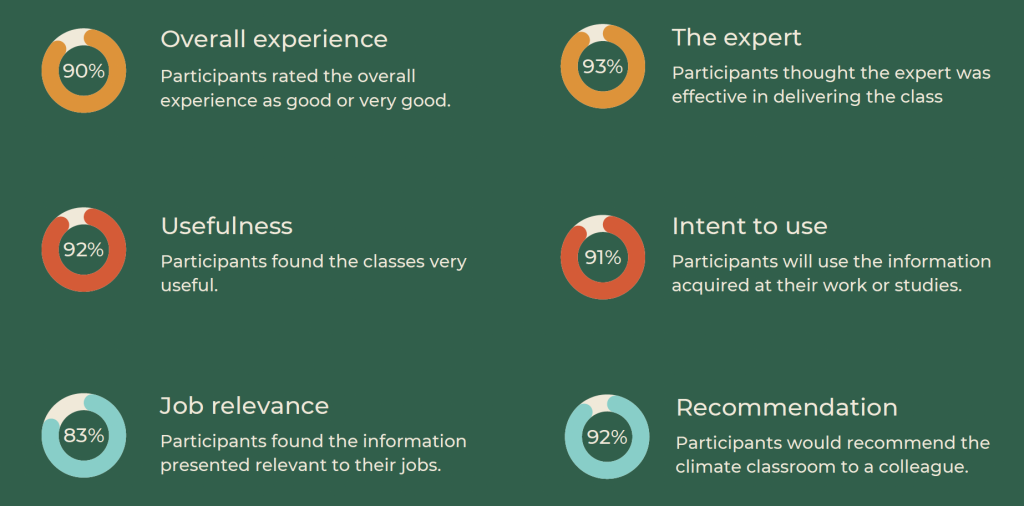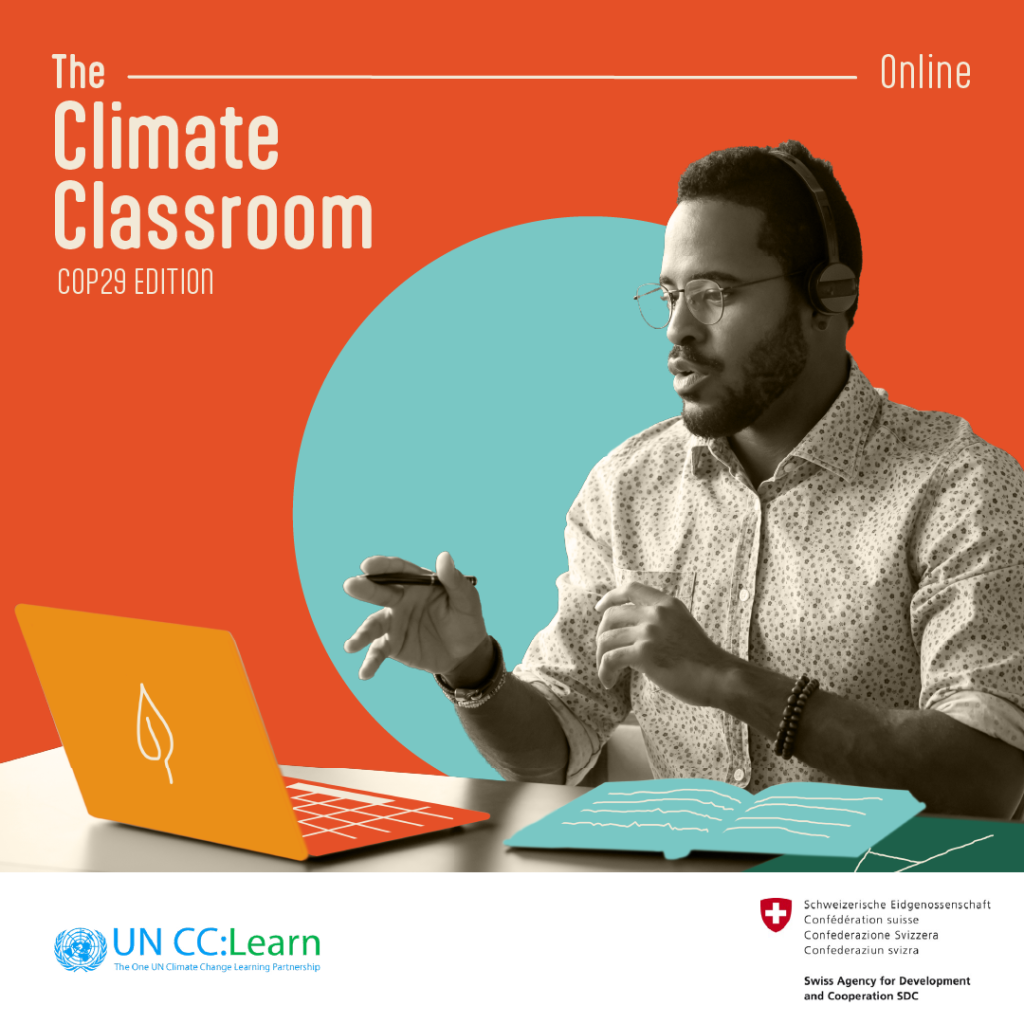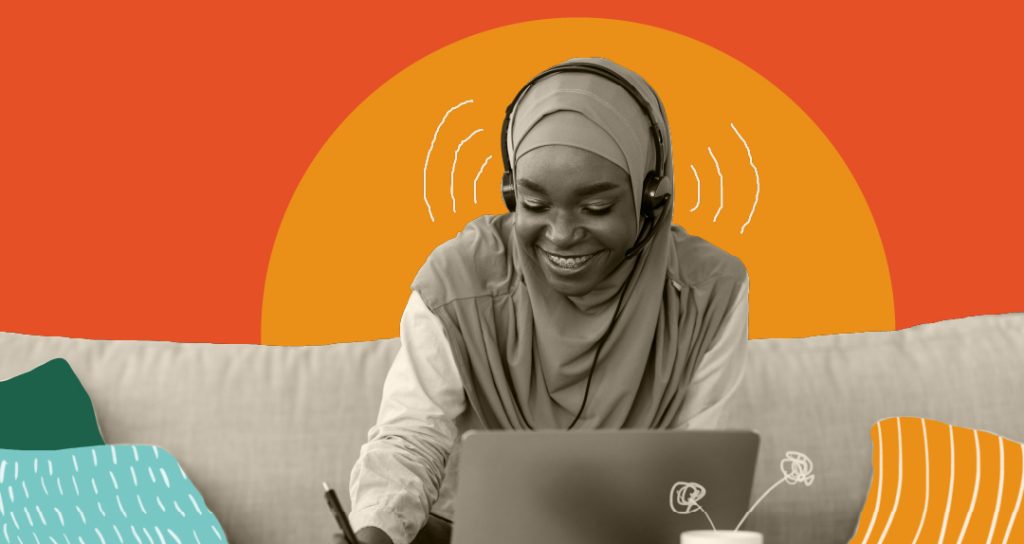In the lead-up to the 29th Conference of Parties of the UN Framework Convention on Climate Change, or COP 29, UN CC:Learn organized one of its flagship initiatives: the Climate Classroom. This series of 45-minute classes is designed to provide curious minds following the climate negotiations with an interactive, insightful, and up-to-date learning experience on important climate topics.
From 28th October to 8 November 2024, experts from 12 partners across the UN system and global think tanks shed light on multiple topics, ranging from the outcomes of the Global Stocktake, Nationally Determined Contributions (NDCs), the Loss and Damage Fund and Board, reducing emissions and climate finance, to sector-specific discussions on the intersection of climate change with health, human rights, inclusive entrepreneurship and climate services for climate action and nature-based solutions approaches.
The sessions drew together over 2,950 participants from a record 168 countries, keen to strengthen their knowledge in readiness for COP29. Experts offered diverse examples and case studies on their respective topics and also allowed for informative Q&A segments with participants.

Feedback from this year’s edition showed that 90% of learners found the overall experience good or very good and 92% noting they would recommend the Climate Classrooms to a colleague.
“The Climate Classroom was a unique experience for me, as I had to learn with people from all over the world. Meetings such as this, could enhance meaningful conversations surrounding climate change”.
“The Climate Classroom series is definitely work experiencing whether you are new to a particular topic or believe you are an expert. The content is developed and presented in such a way that it appeals to all levels of knowledge and experience. You definitely will leave with new insights and critical take-aways from the interactive discussions”.

The Climate Classrooms @COP29 was possible with thanks to this year’s partners – World Resources Institute (WRI), UN Environment (UNEP), the Manilla Observatory, UN Office of the High Commissioner for Human Rights (OHCHR), UN Women, She Loves Tech, World Health Organization (WHO) and World Meteorological Organization (WMO) – and thanks to the generous contribution of the Swiss Development and Cooperation Agency.


